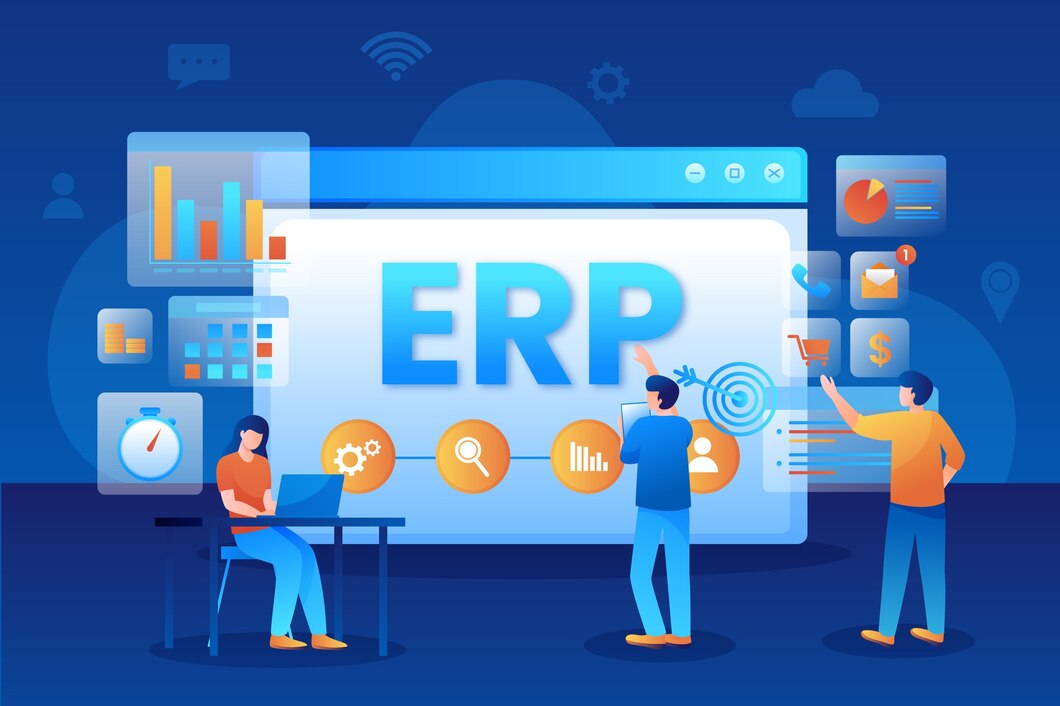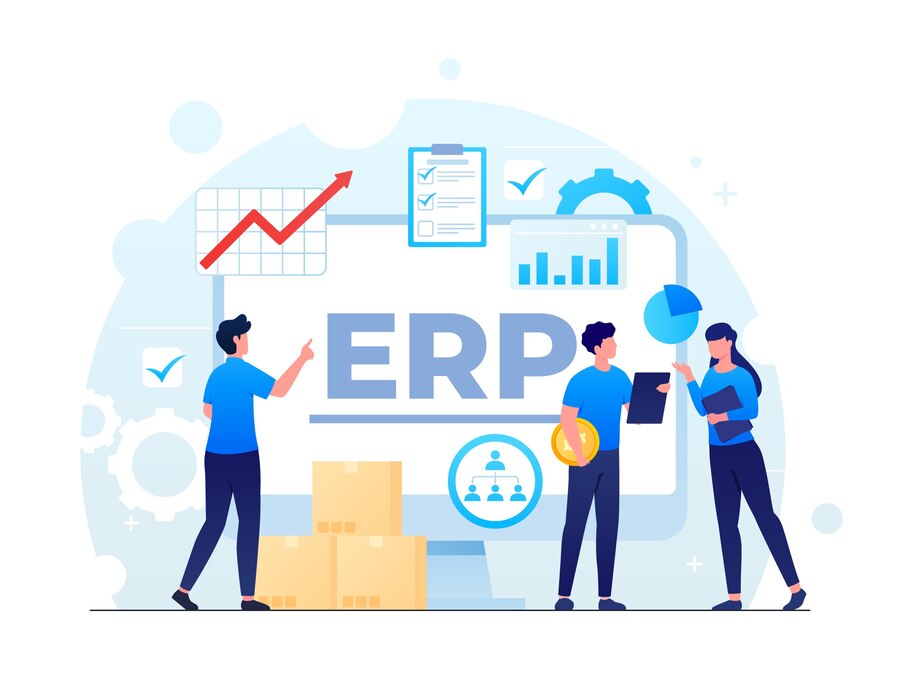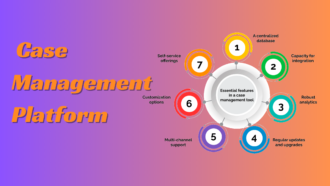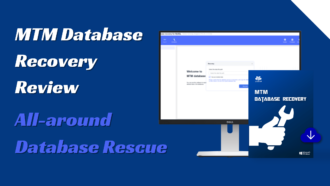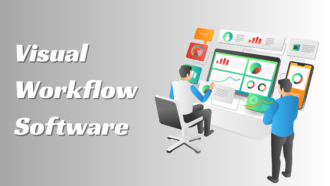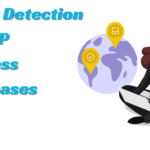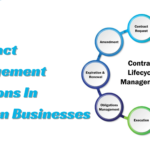Types of Enterprise Software You Need to Know
- 1 Top 11 Types of Enterprise Software
- 1.1 Enterprise Resource Planning (ERP) Systems
- 1.2 Customer Relationship Management (CRM) Software
- 1.3 Supply Chain Management (SCM) Software
- 1.4 Business Intelligence (BI) Software
- 1.5 Human Resources Management (HRM) Software
- 1.6 Content Management System (CMS) Software
- 1.7 Project Management Software
- 1.8 Collaboration Software
- 1.9 Enterprise Asset Management (EAM) Software
- 1.10 Financial Management Software
- 1.11 Emerging Trends in Enterprise Software
- 2 Conclusion
Enterprise software refers to a category of computer programs specifically designed to address the needs and complexities of entire organizations rather than individual users. These are comprehensive, large-scale software solutions that facilitate various business processes and functions such as supply chain management, customer relationship management, human resources, and financial management. Enterprise software is characterized by its ability to integrate multiple facets of an organization’s operations, streamline workflows, manage large volumes of data, and support decision-making processes.
Typically, enterprise software is built by custom software development companies. These specialized firms possess the expertise and resources to create tailor-made software solutions that align with the unique requirements and strategic objectives of an organization. Unlike off-the-shelf software, custom-developed enterprise applications can be adapted to the specific processes, workflow, and culture of a company, offering a more personalized and effective tool for managing its operations. A custom software development company leverages its technical prowess and industry experience to deliver robust, scalable, and versatile enterprise software solutions that drive efficiency and competitive advantage for businesses.
Top 11 Types of Enterprise Software
Enterprise Resource Planning (ERP) Systems
A pivotal component of enterprise software is the Enterprise Resource Planning (ERP) system. ERP systems are designed to amalgamate various business functions—ranging from finance and human resources to supply chain management—into a cohesive, integrated system. This integration is key to streamlining business processes, centralizing data for better accessibility and analysis, and subsequently driving efficient decision-making processes. ERP systems are particularly beneficial for large enterprises that require a comprehensive overview of their operations and a unified platform for managing diverse business units.
Customer Relationship Management (CRM) Software
Customer Relationship Management (CRM) software stands as another essential category within the enterprise software spectrum. CRM solutions are tailored to enhance a company’s interactions with current and potential customers. By automating and synchronizing functions such as sales, marketing, customer service, and technical support, CRM software plays a critical role in boosting customer engagement, satisfaction, and loyalty. These systems are invaluable for businesses looking to understand their customer base better, personalize customer experiences, and foster long-term customer relationships.
Supply Chain Management (SCM) Software
Supply Chain Management (SCM) software addresses the complexities of managing the flow of goods and services in a business. From overseeing the movement and storage of raw materials to managing inventory and final product logistics, SCM software is vital for optimizing and streamlining supply chain operations. It facilitates more efficient product development, production processes, and distribution strategies, thereby enhancing the overall efficacy of the supply chain.
Business Intelligence (BI) Software
Business Intelligence (BI) software is integral in the transformation of raw data into meaningful and actionable insights. These tools support advanced data analysis, visualization, and reporting, making them indispensable for businesses seeking to identify trends, forecast future developments, and make informed, data-driven decisions. BI software is particularly useful in today’s data-driven world, where harnessing the power of data can provide a significant competitive advantage.
Human Resources Management (HRM) Software
Human Resources Management (HRM) software streamlines the management of employee-related processes. Covering a wide range of functionalities such as recruitment, employee record-keeping, performance management, and payroll, HRM systems play a pivotal role in automating and enhancing the efficiency of human resource tasks. They are essential tools for modern HR departments, aiding in the management of employee lifecycle from hiring to retirement and ensuring compliance with labor laws and regulations.
Content Management System (CMS) Software
Content Management System (CMS) software is designed for creating, managing, and modifying digital content. This type of software is particularly beneficial for organizations that handle extensive volumes of digital content, such as documents, images, and multimedia files. CMS platforms facilitate collaborative content creation, ensure consistent content quality, and help maintain compliance with content-related regulations. They are crucial for businesses in media, publishing, and content-driven industries.
Project Management Software
Project Management software is designed to assist in the planning, organizing, and management of project resources and goals. It is essential for tracking project progress, managing timelines and budgets, allocating resources effectively, and fostering collaboration among project teams. This software is particularly vital in industries where complex projects spanning various departments and stakeholders are common.
Collaboration Software
Collaboration software is aimed at facilitating cooperative work among individuals within an organization. It provides an array of tools for seamless communication, file sharing, and collective project management, which are crucial for synchronizing efforts across various departments and geographical locations. In today’s increasingly remote and digital work environments, collaboration software has become indispensable for maintaining team cohesion and productivity.
Enterprise Asset Management (EAM) Software
Enterprise Asset Management (EAM) software focuses on the management of a company’s physical assets. It encompasses activities related to the maintenance, upgrading, and disposal of assets in a cost-effective manner. This type of software is particularly crucial for asset-intensive industries such as manufacturing, utilities, and transportation, where efficient asset management can lead to significant cost savings and operational improvements.
Financial Management Software
Financial Management software is a key component of enterprise software, designed to manage an organization’s financial transactions and processes. This includes managing accounts payable, accounts receivable, budgeting, and financial reporting. Such systems are vital for ensuring financial accuracy, efficiency, and compliance with accounting standards and regulations.
Emerging Trends in Enterprise Software
The landscape of enterprise software is continually evolving with technological advancements and changing business needs. Emerging trends such as artificial intelligence, machine learning, and cloud computing are reshaping the way enterprise software is developed and utilized. These technologies promise to bring about more automation, better scalability, and enhanced data analytics capabilities, further revolutionizing the role of enterprise software in business operations.
Conclusion
In summary, enterprise software plays a pivotal role in modern businesses, providing tools to manage complex processes, make informed decisions, and maintain competitiveness. As technology evolves, these solutions continue to advance, offering greater efficiency and integration to meet diverse business needs.

